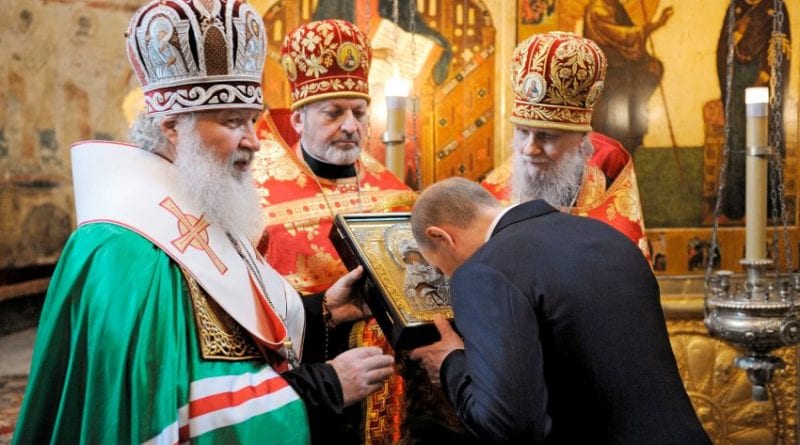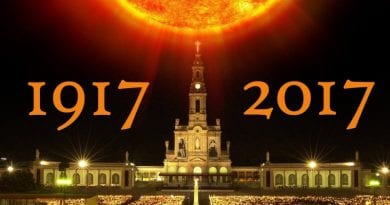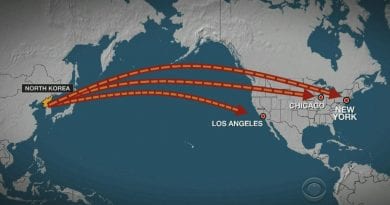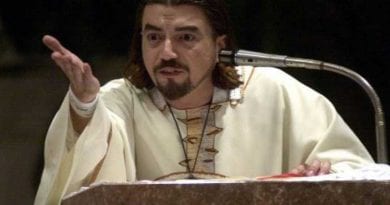Putin – Making Russia Christian Again
Originally Published at “Russian Faith”
Putin continuously makes it clear that he envisions Russia as a Christian country.
In 2014, Putin called for the restoration of Kremlin’s historic Chudov (“of the Miracle”) and Voznesensky (Ascension) monasteries both of which were destroyed by the Bolsheviks. He also wants another church destroyed by the Bolsheviks in the Kremlin to be rebuilt.
While the project is currently on hold until a scientific research is completed on the sites, the intent itself is symbolic.
The Kremlin is both the political and historic center not just of Moscow but of Russia. By calling for the restoration of these Christian buildings Putin repudiated the Soviet legacy with its atheist ideology and its record of anti-Christianity and reaffirms Orthodoxy as the heart of Russian culture.
A key element of Putin’s worldview is not just his commitment to the Russian Orthodox Church as an institution, but also his admiration for three 19th and 20th century Russian Christian philosophers—Nikolai Berdyaev, Vladimir Solovyov and Ivan Ilyin, all of whom he often quotes in his speeches. Russia’s regional governors were even instructed to read the works of these philosophers during their 2014 winter holidays.
The key message of these philosophers is of Russia’s messianic role in world history and of its need to preserve itself through Orthodoxy and restoration of its historic borders.
Studying the causes of Russia’s 20th century tragedy, Ilyin wrote:
“The Russian revolution is a reflection of the religious crisis we are living through now, an attempt to establish an anti-Christian public and state system thought up by Friedrich Nietzsche and economically and politically realized by Karl Marx. This anti-Christian virus was exported to Russia from the West…..
Losing our bond with God and the Christian tradition, mankind has become morally blind and gripped by materialism, irrationalism and nihilism.”
In Ilyin’s view, the way to overcome this global moral crisis is for people to return to “eternal moral values”, which he defined as “faith, love, freedom, conscience, family, motherland and nation” but above all “faith and love”.
“To make Russia great again the Russian people should believe in God. This faith will strengthen their minds and willpower. It will make them strong enough to overcome themselves.”
Ilyin believed in the religious gift and talent of the Russian soul. In his words,
“Russian history is all about morality triumphing over difficulties, temptations, dangers and enemies.”
For their part Solovyov and Berdyaev argued that the historic mission of Russia is to lead the way to human unification. Russia would transcend secularism and atheism and create a unified spiritual kingdom. “The Russian messianic conception,” said Berdyaev, “always exalted Russia as a country that would help to solve the problems of humanity.”
In his biography entitled “First person”, Putin says the first line in any Russian law code should be moral values and that Russia has to be concerned as much with its spiritual position as its geographical one.
To understand Putin’s vision of Russia, his views on spirituality and his study of Christian thinkers such as Ilyin, Solovyov and Berdyaev, must be taken into account.





